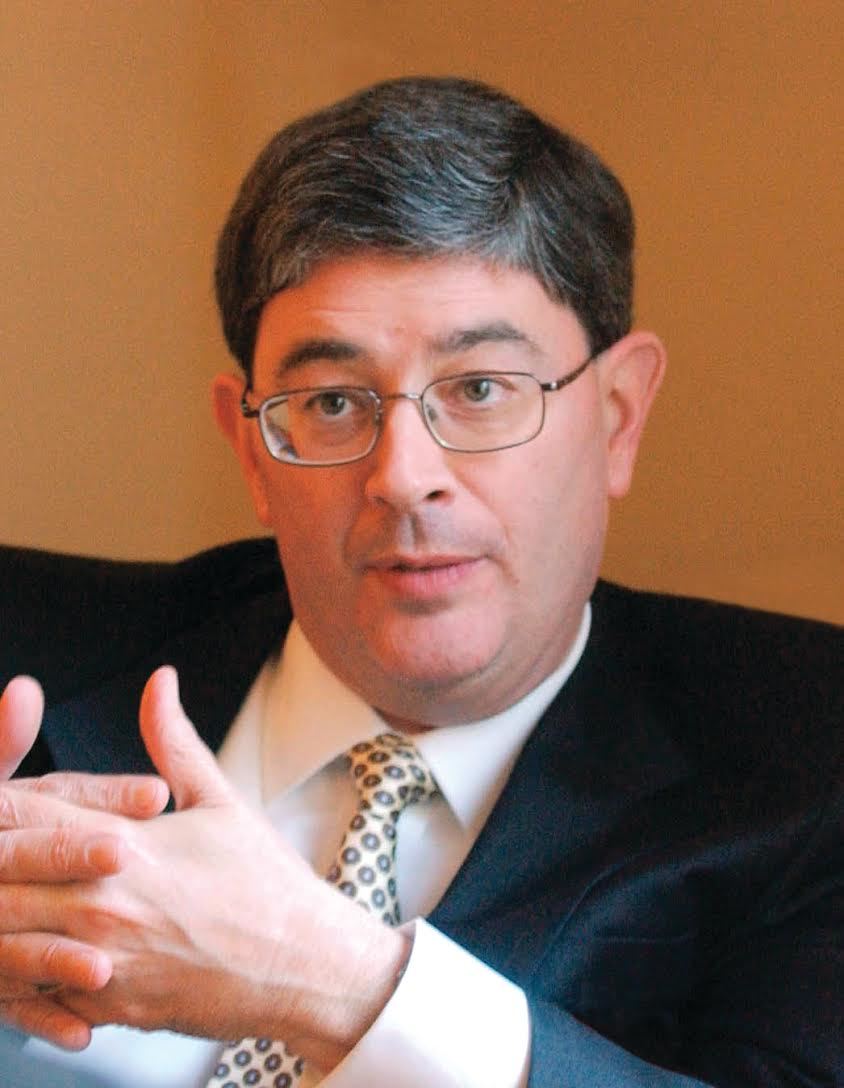CNN is not the customary locale-of-choice for a catechesis on Catholic social doctrine. But that’s what Paul Ryan, Speaker of the U.S. House of Representatives, offered viewers of a CNN national town hall meeting on the evening of August 21. Challenged with a semi-“Gotcha!” question by Sinsinawa Dominican Sister Erica Jordan, who not-so-subtly suggested that Ryan’s approach to healthcare reform, tax reform, and welfare reform was in conflict with the Church’s social teaching, the very Catholic Speaker replied that he completely agreed with Sister Erica that God is “always on the side of the poor and dispossessed”; the real question was, how do public officials, who are not God, create public policies that empower the poor and dispossessed to be not-poor and not-dispossessed?
Congressman Ryan then laid out an approach to alleviating poverty and empowering the poor that seemed to me entirely congruent with the core Catholic social ethical principles of subsidiarity and solidarity. Solidarity with the poor is a moral imperative, Ryan agreed, but solidarity should not be measured by inputs—How many federal dollars go into anti-poverty programs?—but by outcomes: Are poor people who can live independent and fruitful lives being helped by our welfare dollars to develop the skills and habits that will enable them to be self-reliant, constructive citizens? The moral obligation of solidarity is not met by programs that perpetuate welfare dependency.
Speaker Ryan is a longstanding advocate of decentralizing and (as he puts it) “customizing” social welfare programs. That means abandoning one-size-fits-all attempts to address poverty and looking to the states, where a lot of the creativity in American government resides these days, for approaches that actually empower the poor, because they treat poor people as men and women with potential to be unleashed, not simply as clients to be maintained. Proposals to decentralize social welfare programs and give the states the funds necessary to conduct all sorts of customized efforts to empower the poor—crafted so that each “fits” the vast array of distinct circumstances we find in impoverished America—strike me as a sensible application of the social doctrine’s principle of subsidiarity. That principle, first articulated by Pope Pius XI in 1931, teaches us to leave decision-making at the lowest possible level in society, closest to those most directly affected by the policy in question. Paul Ryan thinks Washington doesn’t have to decide everything; Pius XI would have agreed.
The fact that poverty remains a serious problem in the United States after the federal government has spent $22 trillion dollars on social welfare programs over the past fifty years should have taught us all something about the complex problems of empowering the poor. No one with any sense or experience imagines that he or she has the silver-bullet answer to poverty in all its social, cultural, economic, and political dimensions; I know my friend Speaker Ryan doesn’t think he does. But unlike those who insist on measuring an official’s or a party’s commitment to the poor by inputs rather than outcomes (an approach that tends to instrumentalize the poor and render social welfare policy a cash transaction rather than a human encounter), Paul Ryan and reform conservatives like him are willing to face the fact that there is no direct correlation between magnitude-of-dollar-inputs and success-of-human-outcomes when it comes to anti-poverty programs. Inner-city Catholic schools (the Church in America’s most effective social welfare program) demonstrate that time and again: They spend less than the government schools, and their students learn much more—and not just in quantifiable, standardized-testing terms.
America needs many serious conversations in this age of the demagogic tweet and the rabid talk-radio sound-bite. One of them is about the scandal of poverty amidst vast wealth and the empowerment of the poor. That conversation is not advanced when, as happened after the CNN broadcast, smug partisans attack a serious Catholic public official by suggesting that he’s deficient in both his moral commitment to the poor and his understanding of Catholic social doctrine. Paul Ryan is no more the reincarnation of Simon Legree than Sister Erica Jordan and her fellow Sinsinawa Dominicans are the reincarnation of Ingrid Bergman/Sister Mary Benedict in The Bells of St. Mary’s. Keeping that in mind would help foster the thoughtful debate that the Speaker, and the country, would welcome.

George Weigel is Distinguished Senior Fellow of Washington, D.C.’s Ethics and Public Policy Center, where he holds the William E. Simon Chair in Catholic Studies.
Become a fan of First Things on Facebook, subscribe to First Things via RSS, and follow First Things on Twitter.
Photograph by Gage Skidmore via Creative Commons. Image cropped.
Time is short, so I’ll be direct: FIRST THINGS needs you. And we need you by December 31 at 11:59 p.m., when the clock will strike zero. Give now at supportfirstthings.com.
First Things does not hesitate to call out what is bad. Today, there is much to call out. Yet our editors, authors, and readers like you share a greater purpose. And we are guided by a deeper, more enduring hope.
Your gift of $50, $100, or even $250 or more will bring this message of hope to many more people in the new year.
Make your gift now at supportfirstthings.com.
First Things needs you. I’m confident you’ll answer the call.



